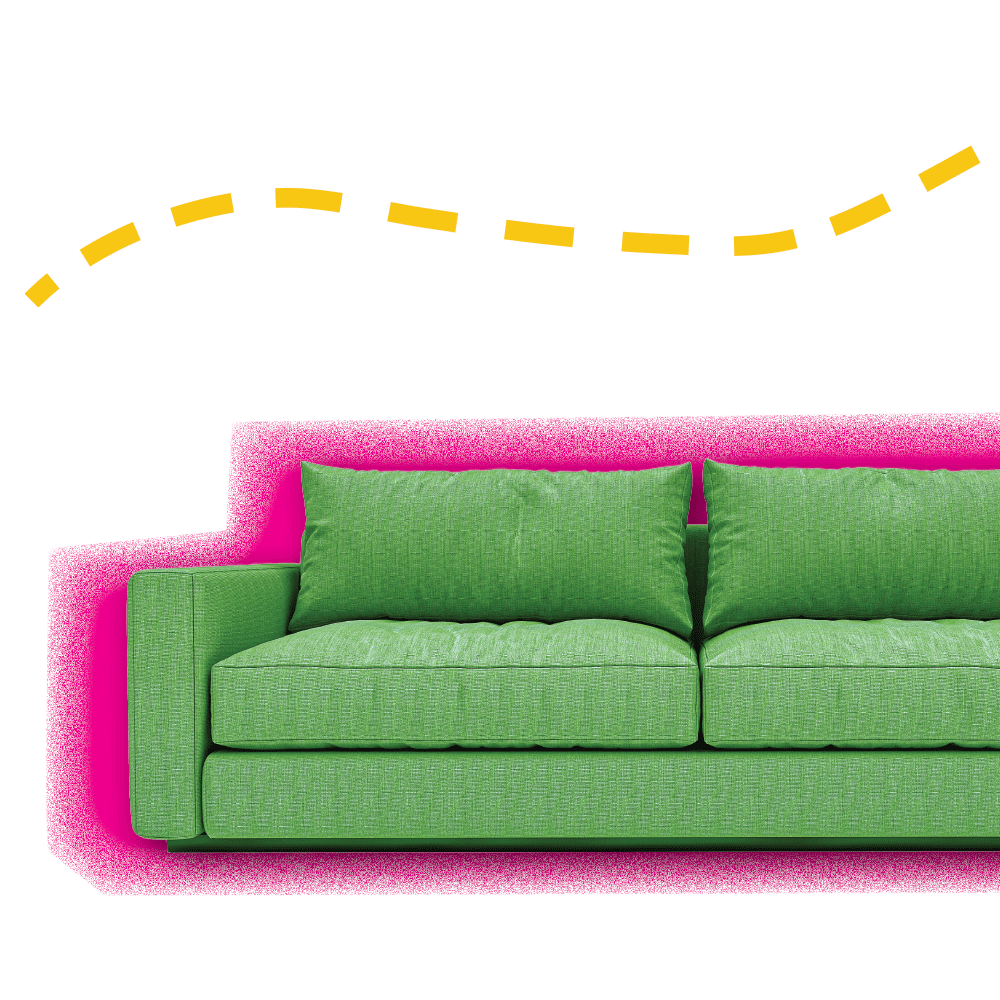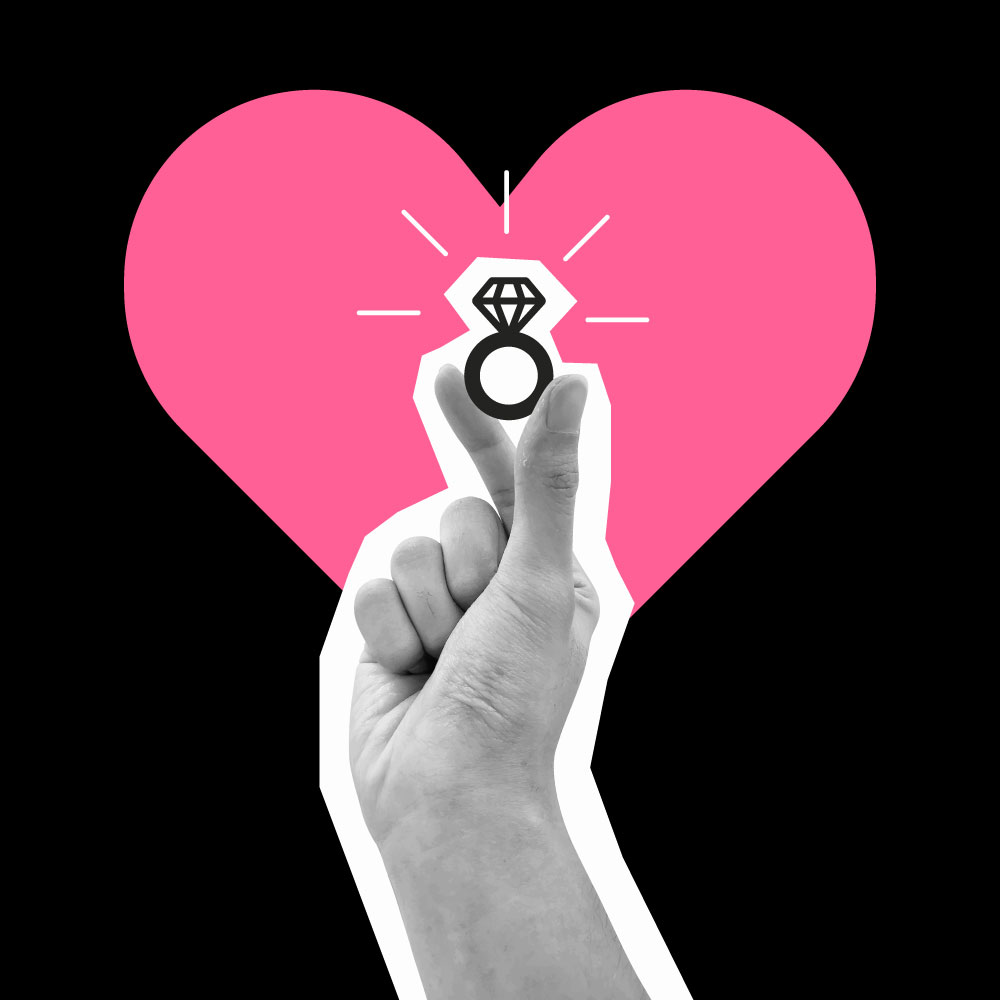
Dating Like Oxen
Have you considered if you and the person you are dating are “equally yoked?”When asked which is the most important commandment, Jesus replied, “‘You must love the Lord your God with all your heart, all your soul, and all your mind.’ This is the first and greatest commandment. A second is equally important: ‘Love your neighbor as yourself.’ The entire law and all the demands of the prophets are based on these two commandments” (Matthew 22:37-40).
THE TRAITS OF LOVE
Living a holy life can be summed up by what Jesus said here: love God, love others. When we do this, we look like Christ. We must be intentional about our friendships, dating, and marriage in order to live out Christ-like love as He designed it. What does that kind of love look like?
We know that 1 Corinthians 13 gives a list of love’s traits. The list includes things love is: patient, kind, rejoices with the truth, always hopeful, and endures through every circumstance. It also includes things love is not: jealous, boastful, proud, rude, demanding, irritable, keeps record of wrongs, rejoices about injustice, gives up, and loses faith.
Those are characteristics we are supposed to live out. However, when it comes to dating and marriage, those are also attributes that we should seek in the opposite sex.
Dating is about getting to know the other person. Author Dr. Henry Cloud writes, “Do not let your fantasies fool you into thinking you have found something of value just because a person turns your head or makes your heart beat faster. A fast-beating heart has nothing to do with love or with anything that will last.”1 Biblical dating means that we take time to learn about a person’s character, not just what makes us feel butterflies fluttering around in our stomach.
TEAMING UP
Paul’s first letter to the Christians in Corinth describes what love looks like. In his second letter to Corinth, he explains how love is to be lived out in relationships such as dating and marriage. He tells believers, “Don’t team up with those who are unbelievers” (2 Corinthians 6:14a). Other versions, such as the English Standard Version, say, “Do not be unequally yoked with unbelievers.”
Unless we grew up in a farming home or community, most of us probably don’t have a firm understanding of “yoked.” A yoke is a piece of wood that is used between a pair of work animals, such as oxen or donkeys. The yoke would then be attached to the item that the animals were pulling, such as farm equipment or a wagon. Two animals, of course, could bear the load better than one alone. However, in order to accomplish the task, the animals needed to be “equally yoked,” meaning that they were similar in size and strength to each other. If one was weak and the other strong, or one short and the other tall, the weak or short animal would walk more slowly, unable to pull the same weight as its partner. This would cause them to simply walk in circles instead of move forward.2
Paul uses this analogy, because it would have been easily understood by believers in Corinth in his day, to remind us that the same is true in partnerships or marriages. Rather than talking about physical strengths and weaknesses, he explains that this “teaming up” is spiritual.
When one person has Christ in them, and the other doesn’t, only one is walking in the power of the Holy Spirit—the other is not. One is stronger and the other weaker. Being unequally yoked is something that applies to more than just whether one person is a Christian and another person isn’t. If one person is more mature in their faith and the other is maybe a recent convert, or an immature Christian who has not fully committed their life to Christ, similar issues can arise. Either case can make the pair walk in circles, so to speak. It makes it really hard to move forward with the task they are given. What is that task? To love God and love others well.
“Being unequally yoked is something that applies to more than just whether one person is a Christian and another person isn’t.”
CONSIDER THE CONSEQUENCES
Being unequally yoked has a lot of consequences. A pair of animals will never accomplish their task, but they will also experience things such as rubbing skin raw if the yoke is not set on them evenly. Or they may find themselves pulling against the yoke in opposite directions, physically harming one another—and getting nowhere in the process.
The same is true for couples. Believers and unbelievers may rub each other the wrong way as time passes. Maybe the unbeliever really wants to watch movies with language that includes taking God’s name in vain, but the believer’s conscience is rubbed raw each time he or she ingests that language into God’s temple. Their agendas are different; one is focused on the things of Christ, and the other is focused on the things of the world. The believer wants to wait for sex in marriage, as God designed it. The unbeliever wants to enjoy physical pleasure without regard to the boundaries God set up because of His love for us. The temptation is already pretty strong; the unbeliever’s desires are very likely going to cause devastating effects to the believer.
Eventually, they will be pulled in opposite directions. This causes harm and gets the couple nowhere, only leading to frustration, resentment, anger, and the possibility of the believer being pulled into sinful behaviors. That does not exactly reflect Christ, does it?
DATING’S DESIGN
Some people may think it’s okay to be a believer and date an unbeliever, because maybe that will present an opportunity to witness and bring the unbeliever into a relationship with Jesus. While, of course anything is possible, dating isn’t designed to be a mission field. Evangelistic opportunities are everywhere, including in our friendships, amongst students and coworkers, neighbors, and even strangers. However, dating is reserved for learning about someone’s character to discover the potential for marriage.
God designed us to enjoy Him and to enjoy one another. He designed us to be attracted to the opposite sex. He designed us to want to have sex. He designed us to seek out a boyfriend or girlfriend who may become a husband or wife someday. His design is beautiful and meant to be enjoyed. But it can only be fully enjoyed when we follow His blueprints.
He wants us to love Him and love others. Through Paul’s letters, the Creator of love describes what love looks like. God calls us to live out those traits, and to seek them out in those we are potentially going to be yoked together with. He wants us to be productive and fruitful. Our part in that is following His design. His part is bringing joy and fulfillment to us through those relationships.



